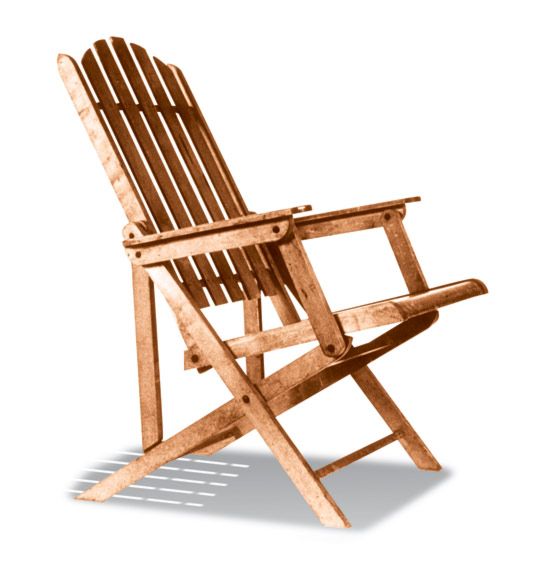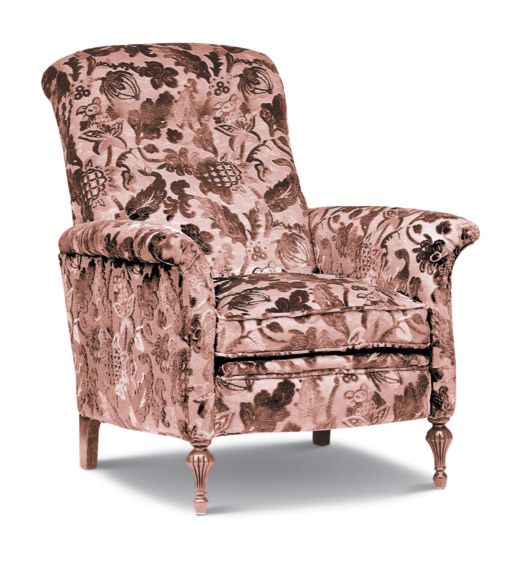The Weekend Eudemon
Web things must slow down when the weather gets nice. This is the third spring/summer in a row that TDE traffic has dropped in May. I brought in about 10,200 visitors in May, 10,500 in April, and 11,000 in March, a dropping traffic rate that is consistent with the past two years warm-weather trends. I also notice fewer new links coming in, virtually no comments in the combox, and fewer responses to my most recent (repeated) requests for regional blogs (I've gotten two). When I ask around the web, though, I've been told there is no drop in web traffic. Who knows. Though I do know I'd rather be running around outside when the weather is 75 and sunny than holed up with my computer. I can't believe I'm terribly unique in that regard.
__________
Russell Shaw plugs a lesser-known movie, Bella. It's worth a plug here:
Bella is deeply Catholic and deeply pro-life. It is not propaganda. "A mediocre film that wows crowds," sniffed a Variety.com reviewer, apparently oblivious of the fact that he was contradicting himself. Winner of a top award at Toronto's International Film Festival last year, it is expertly made, expertly acted, and profoundly moving.
Directed by Alejandro Monteverde, and written by Monteverde and Patrick Million, Bella features Eduardo Verastegui as Jose, chef in an upscale Mexican restaurant in New York, and Tammy Blanchard as Nina, a waitress who loses her job for coming late to work.
Turns out Nina was late because, though unmarried, she's pregnant and suffering from morning sickness. Jose befriends her, and they spend the day together. She's planning to have an abortion.
__________
Interesting article on the history of La-Z-Boys. Here's a picture of the first one:

My parents have a cottage that came down through my Dad's family. There's an old recliner there, and I was told that it was the first La-Z-Boy model. It's much nicer than this glorified patio-deck chair (it has cushions and thick, carved legs). I suspect my information is a piece of family urban legend. Then again, the chair isn't nearly advanced as the other early models they show, like this one:

__________
In a culture where there's not much to worry about (comparatively speaking), we'll always find something (it's one of my areas of expertise):
Small-penis syndrome is the anxiety of thinking one's penis is too small – even though it isn't. It's a totally different condition from having a truly tiny tinkler, a condition known by the cold, clinical name of micropenis.
__________
First I found those reverse 419 scammers, now this former college president wants to lower the drinking age. My week is full of heroes:
He proposes allowing states to pilot alcohol education programs for 18-to-20 year-olds who are out of high school and then issue so-called "drinking licenses" to young people who successfully complete the course. He faces a tough sell. Among his opponents are Mothers Against Drunk Driving and former Health, Education, and Welfare Secretary Joseph Califano.
"If binge drinking has never been worse, why do we think legal age 21 has been successful?" McCardell says. "Drinking is taking place in out-of-sight places and in settings that increase the risk of harm to the individuals who are consuming alcohol and anyone who finds themselves in their path. I think we can do better."
Later in the article, you read about McCardell's efforts to speak with MADD:
"He wanted to meet in Washington. We insisted on Dallas. We wanted him to walk our halls. On every hallway there are pictures of members and the people they lost," says MADD chief executive Charles A. Hurley. "John McCardell is a very engaging guy on many levels, but he's not a good listener.
McCardell isn't a good listener? Look in the mirror, MADD.
McCardell wants to lower the drinking age because of abuses and deaths. He doesn't want to further the harm. His analysis is valid: When you make something off-limits, you increase its allure. The argument doesn't end there, but it's a valid point, and it needs to be taken into consideration. The folks at MADD, though, don't want to take it into consideration. They just want McCardell to experience the emotion behind drunk driving fatalities, to see the horror. This may sound cold, but the the emotion and horror are irrelevant to McCardell's analysis. If McCardell were campaigning to celebrate drunkenness or to de-criminalize drunk driving, the emotion and horror of drunk driving fatalities would be relevant. But he's not. He's on MADD's side, basically. He just has a different approach, but the people at MADD apparently can't even fathom it.
And that's the sign of fanaticism. I hope and pray that I'm never in the shoes of a parent that has lost a child, in a car accident or otherwise, and I feel terrible for those who have. But the folks at MADD have lost their way.
The article, incidentally, has all sorts of neat information, if you're interested in this topic. A few more excerpts:
Michael Haines, who works with colleges as director of the National Social Norms Resource Center at Northern Illinois University, says he's met few college presidents or administrators who favor the 21-year-old drinking age.
"Numerous studies show that when you drive any substance underground the usage patterns are more dangerous," Haines says. "In places where there's strict enforcement, those who continue to drink do so in more dangerous ways. It changes the location to a more dangerous location. It changes the consumption to more rapid consumption. Or they change substances. Instead of drinking beer they smuggle in a half pint they can drink in the bathroom."
I love this point:
At 22, Choose Responsibility staffer Kronenberg is not far removed from the college drinking scene. "Saturday afternoon at Middlebury you'll see kids walking around with rolling suitcases and two or three 30-packs of beer in them," she says. "Drinking is goal-oriented. It is an activity in and of itself. It's something you need to do before you go to the event. Drinking and socializing have become separate experiences. I find that completely disconcerting."
One more:
McCardell notes that in countries where buying alcohol is legal, the only nations where people must wait until they're 21 are Indonesia, Mongolia, and Palau.
